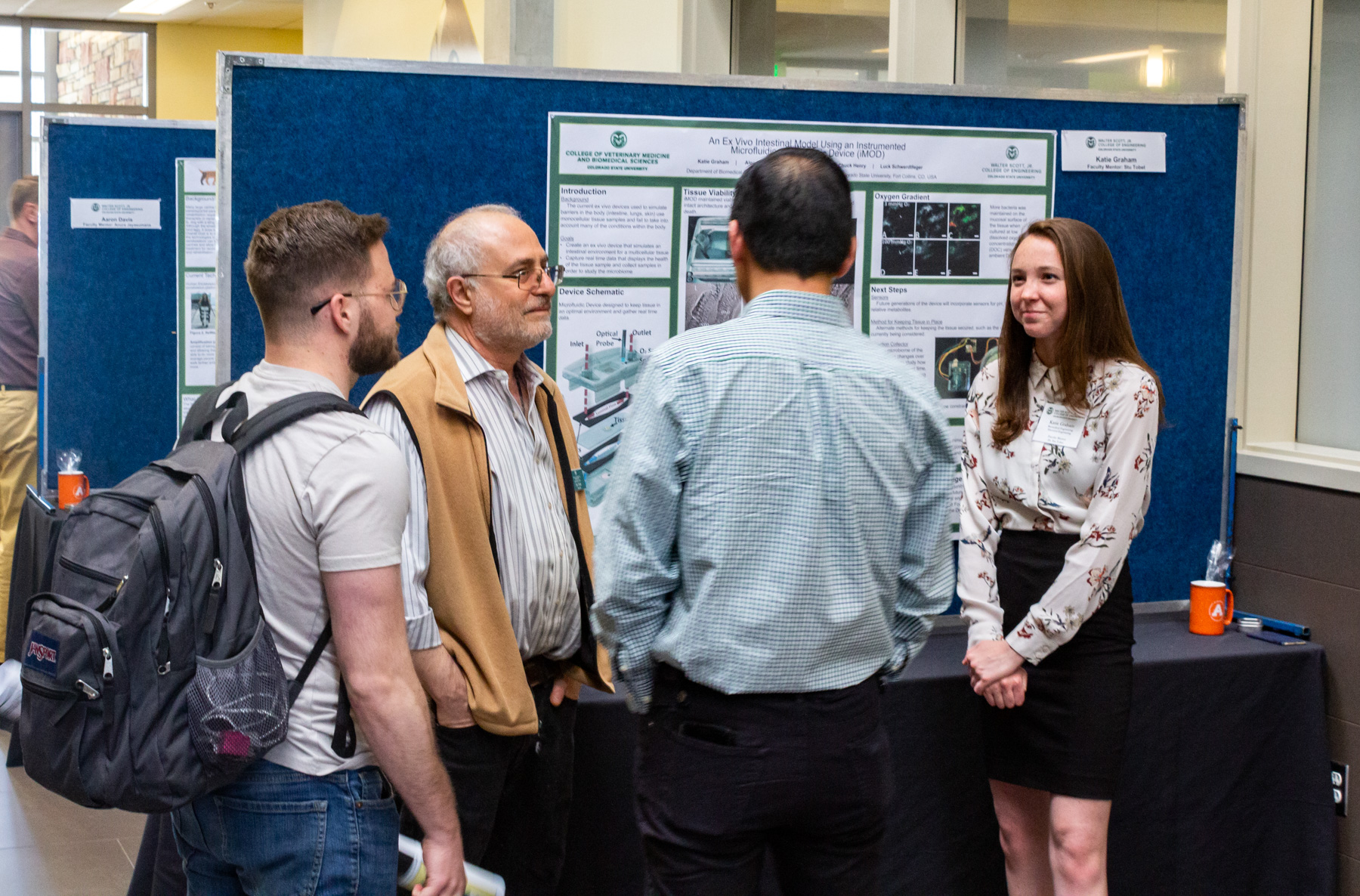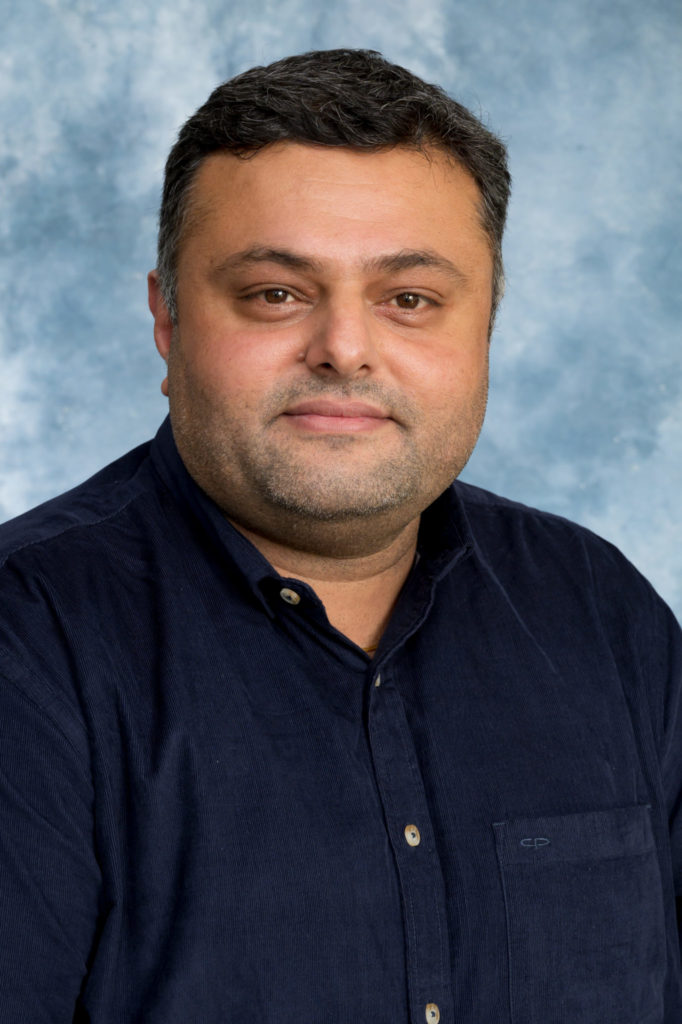
Stu Tobet, a Colorado State University professor in Biomedical Sciences, has been reappointed as Director of the School of Biomedical Engineering (SBME) for a five-year term.
After collecting input from faculty and other Deans involved in the School, Dave McLean, Dean of the Walter Scott, Jr. College of Engineering, reappointed Tobet to the position this summer. After an internal search, McLean also named Professor Ketul Popat as Associate Director of the School and Director of the undergraduate program.

Popat served as Interim Associate Director during the 2019-2020 school year while Professor Kevin Lear, in Electrical and Computer Engineering, was on sabbatical. Lear and Tobet have been associated with the School of Biomedical Engineering since its inception in 2007.
“I look forward to continuing work with Professors Tobet and Popat to advance the School’s outstanding, collaborative programs and build its relationship with industry partners,” McLean said. “I am also grateful for Professor Lear’s leadership of the undergraduate program over the past 10 years, which has seen strong growth in enrollments and in diversity of students.”
A multidisciplinary approach
The School of Biomedical Engineering, based in the Walter Scott, Jr. College of Engineering, consists of more than 70 faculty members from four colleges and 14 departments in engineering, the College of Veterinary Medicine and Biomedical Sciences, the College of Natural Sciences and the College of Health and Human Sciences. Academic excellence across diverse fields converges into three primary areas of research: regenerative and rehabilitative medicine; imaging and diagnostics; and medical devices and therapeutics.
Faculty members and students work closely with physicians and researchers at local medical facilities including the Medical Center of the Rockies and Orthopedic Center of the Rockies in Northern Colorado as well as other parts of the state, including the Steadman Philippon Research Institute in Vail.
As part of their training, students can participate in a seven-week clinical immersion program designed to give them first-hand experience working in the successful design of medical devices.
“We see lots of challenging and exciting opportunities on the horizon, particularly with COVID-19, and our amazing team is ready to help meet the needs head-on,” Tobet said. “Biomedical engineering is a field at the forefront of healthcare concerns for both science (e.g., pathogens, vaccine production, etc.,) and engineering (e.g., pathogen detection, sensor technology, etc.). This spring and summer, a number of SBME faculty and students jumped into helping with COVID-related research across the campus.”
Long-term, the school also plans to work with the University of Colorado Medical School to provide biomedical training, potentially creating what one CSU alum has called “physicianeers,” Tobet said.
Tobet has been a professor in the Department of Biomedical Sciences in the College of Veterinary Medicine since 2003. His research focuses on revealing cellular and molecular events underlying the interactions of cells for organ function. His current work includes how neural cells interact with epithelial cells in the mammalian intestine in the context of an immense immune system and a microbiome.
Popat is a professor in the Department of Mechanical Engineering and directs the Biomaterials Surface Micro/Nano-engineering Laboratory. His research interests include development of titanium nanomaterials for orthopedic implants and blood-contacting biomaterials for cardiovascular medical devices.